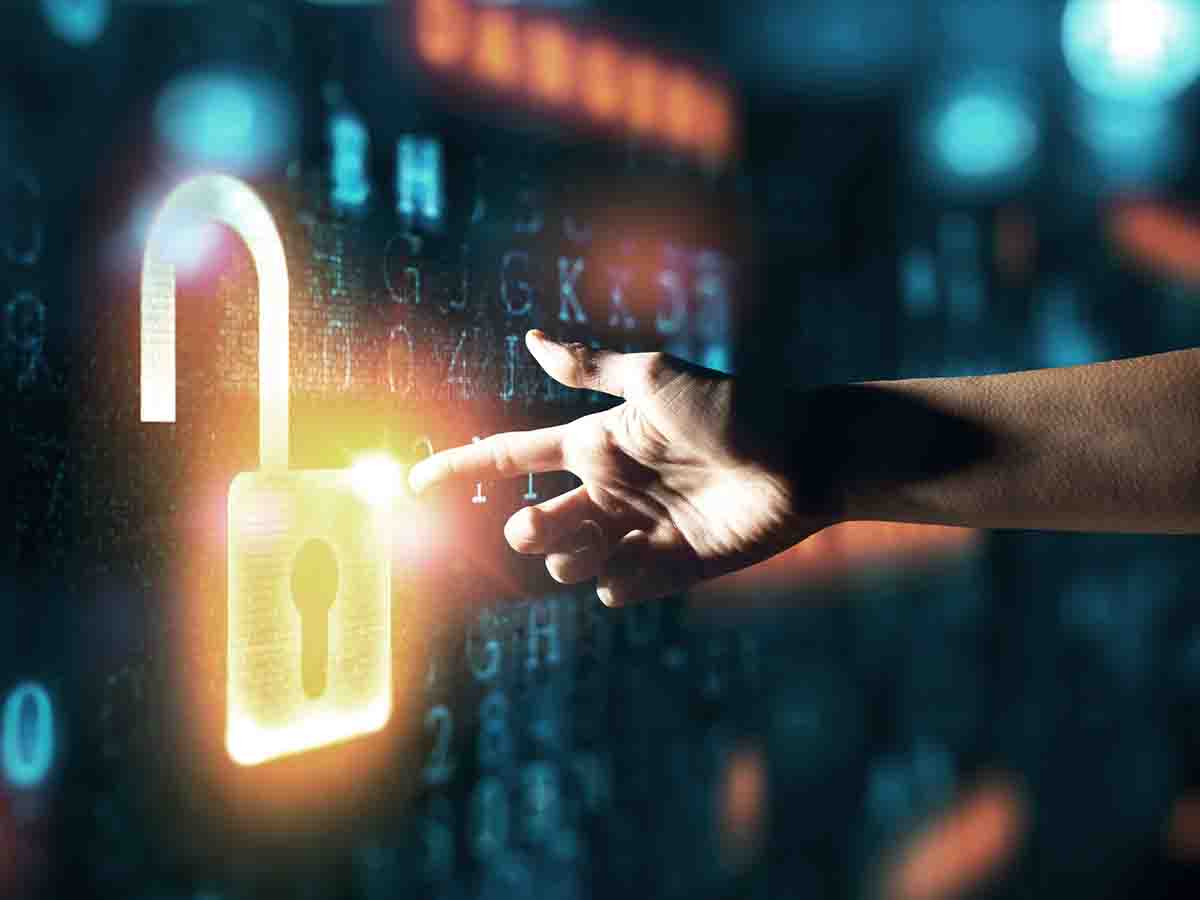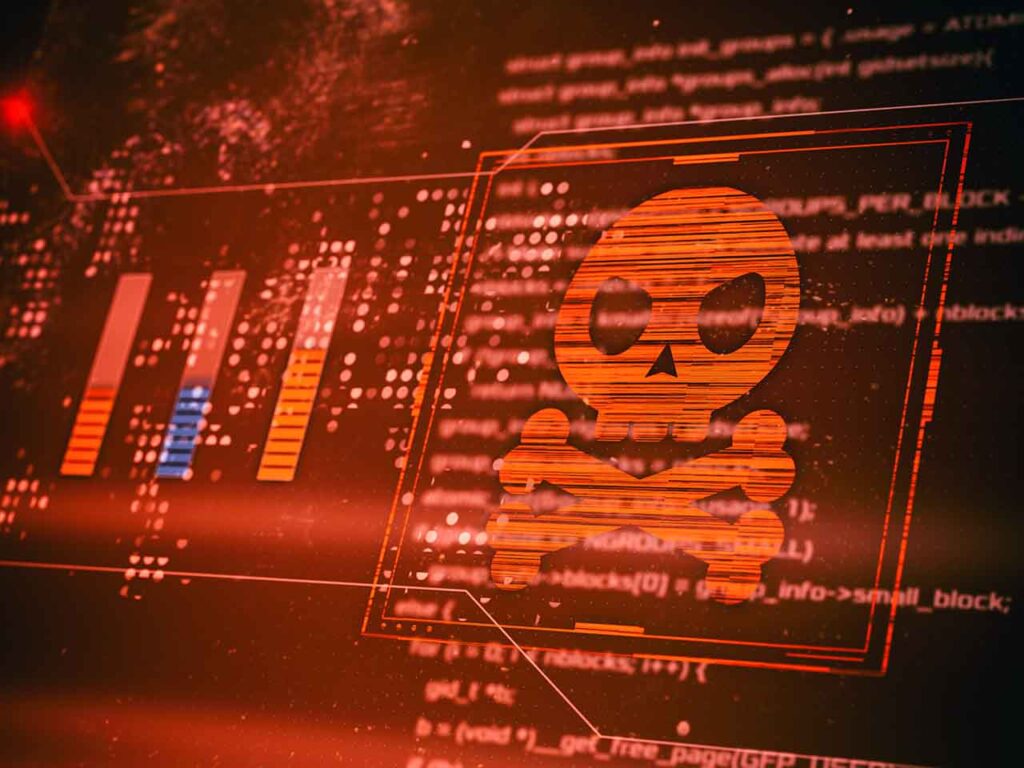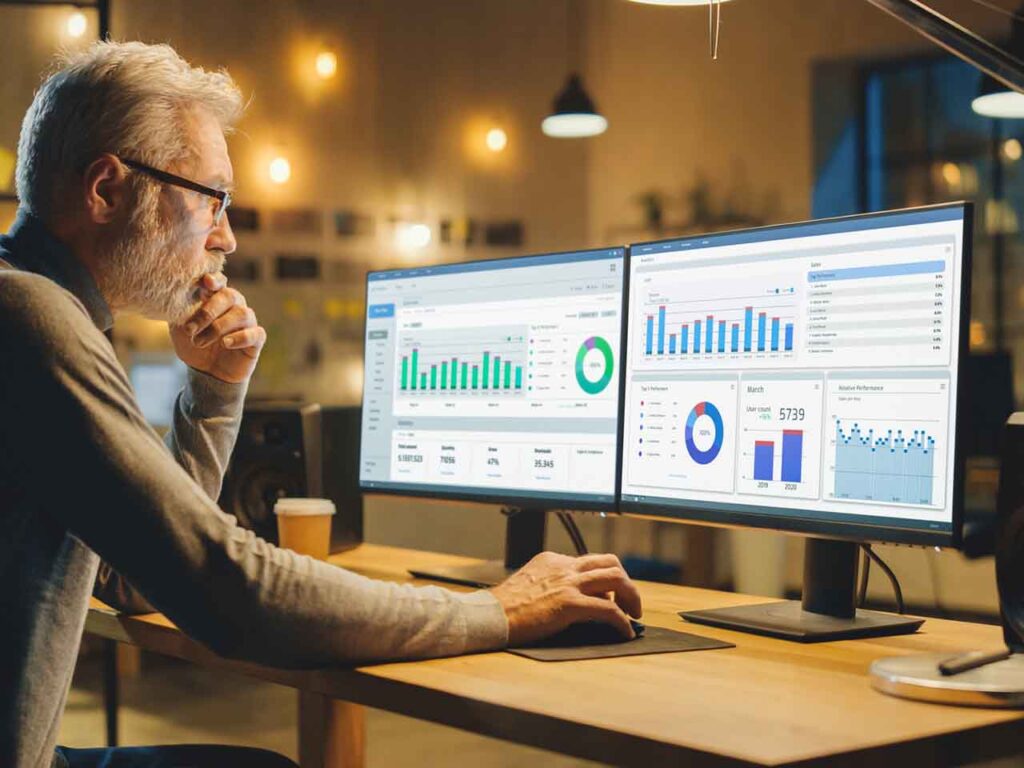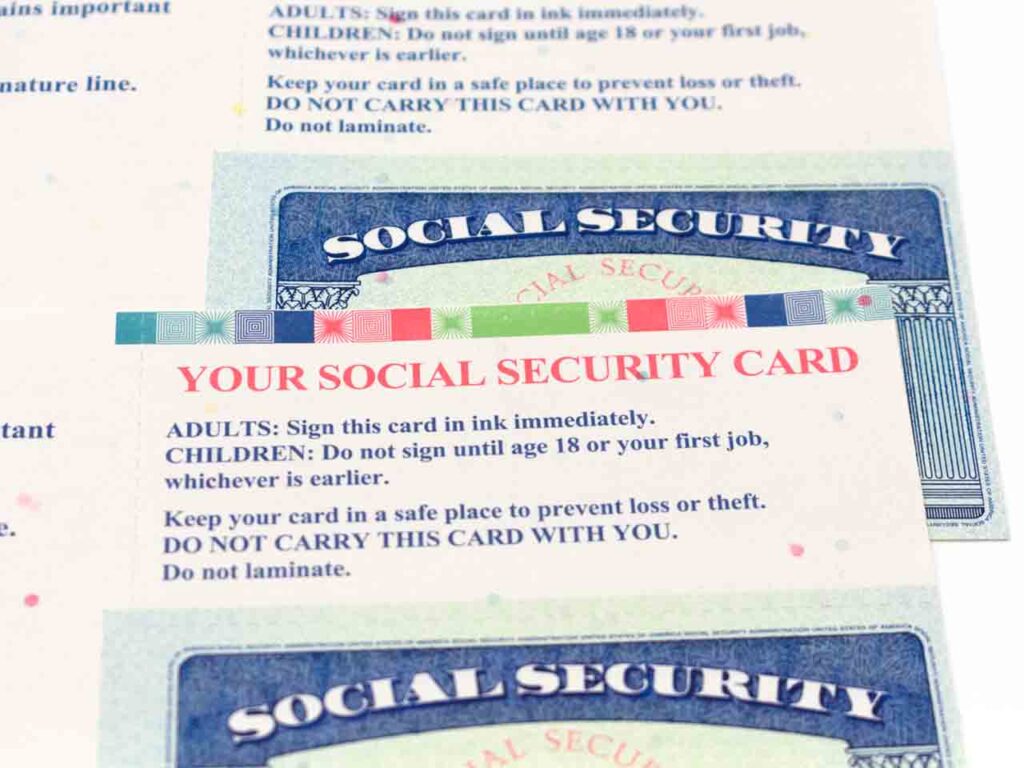As the digital era advances, our personal lives increasingly intersect with the realm of technology, creating complex implications for privacy. Recent developments from France to Germany and across the Atlantic to the United States have sparked a renewed conversation about how we, as global citizens, can strike a balance between national security and individual privacy.
In Foreign Countries
In a landmark move last week, the French parliament approved a controversial provision allowing law enforcement to remotely activate cameras, microphones, and GPS on suspects’ devices, a method that some say blurs the boundary between surveillance and privacy infringement.
Stay One Step Ahead of Cyber Threats
This digital eavesdropping, which forms part of a larger justice reform bill, is not a completely novel idea. Both developed Western nations and more authoritarian regimes like China and Russia have been employing similar tactics.
The French model has certain safeguards; any surveillance must be approved by a judge and capped at a six-month duration. Nevertheless, it’s eliciting concern from digital privacy advocates, particularly in light of similar issues globally.
Let’s take a look at Germany, a country with a historical commitment to data privacy. Earlier this year, the Federal Constitutional Court ruled that police software for automated personal data processing in the states of Hesse and Hamburg was unconstitutional.
The software provided by the CIA-backed Palantir Technologies enables an intricate network of data relationships between people, groups, and places.
The German court insists on proportionality, meaning that automated data analysis should depend on the seriousness of potential crimes. This balance of technology and privacy was championed by the German Society for Civil Rights, which voiced concerns about potential software errors and the risk of police discrimination.
In the United States
Across the pond, the situation in the United States paints a different picture. Reports from Upturn, a non-profit organization, warned that every American could have their phone searched by law enforcement. Police in the US widely use Mobile Device Forensic Tools (MDFTs) that can extract a complete copy of data from a cell phone.
Such practices have been adopted by over 2,000 agencies, leading to hundreds of thousands of cellphone extractions since 2015, often without a warrant.
What Are the Tools Being Used?
The use of these tools has proliferated globally.
For instance, the Israeli company Cellebrite’s flagship product is a technology called UFED, or Universal Forensic Extraction Device, which enables enforcement authorities to hack into password-protected cell phones and download the information stored on them. They’re particularly notable for their capacity to recover even deleted data.
Furthermore, US law enforcement agencies also employ “Stingrays,” or IMSI (International Mobile Subscriber Information) catchers, devices masquerading as legitimate cell phone towers. They trick phones within a certain radius into connecting and thus can access the metadata on these phones.
How to Protect Yourself
Given the wide-reaching implications of these practices, it’s crucial that you know how to protect yourself. Advocates suggest several strategies, including end-to-end encryption and using Signal, a highly secure app for private communication. Being aware of your legal rights is paramount. For instance, in the US, you cannot be forced to reveal your phone password under the Fifth Amendment.
Apps like LockUp can also help detect and respond to attempts to image your device. However, they do not provide a comprehensive defense.
As we navigate through the complex landscape of cybersecurity and privacy in the digital age, it’s essential to ask ourselves whether the potential benefits of these technologies are worth the cost to our privacy and freedom. Always remember, as technology advances, so must our understanding and our vigilance.
Related Questions
1. Has the French parliament authorized digital surveillance practices?
Yes, the French parliament recently passed a provision that allows the police to remotely activate cameras, microphones, and GPS on citizens’ phones and other connected devices, provided that a judge approves such surveillance.
2. How does Germany’s approach to digital surveillance differ from other countries?
Germany greatly emphasizes data privacy and protection due to its historical context. For instance, the country’s Federal Constitutional Court has deemed unconstitutional any regulations allowing the police to automatically process personal data to prevent crime. They believe any automated data analysis must be proportionate, and the seriousness of potential crimes must be considered.
3. Are there concerns about digital surveillance practices in the United States?
Yes, there are significant concerns. A 2020 report warned that every American is at risk of having their phone forensically searched by law enforcement. This includes extracting full copies of data, even from minor offenses, often without a warrant.
4. What are some ways to protect oneself from digital surveillance?
Users can consider not bringing their primary smartphones to sensitive locations, using end-to-end encryption for communications, and utilizing apps like LockUp to detect and respond to attempts to extract data from devices.
5. What role do companies like Cellebrite play in digital surveillance?
Companies like Cellebrite provide tools that law enforcement agencies use for digital surveillance. These include Universal Forensic Extraction Devices (UFEDs) that can extract even deleted data from phones. However, these tools are often criticized for their use in non-democratic countries and their potential for misuse.
"Amateurs hack systems, professionals hack people."
-- Bruce Schneier, a renown computer security professional






